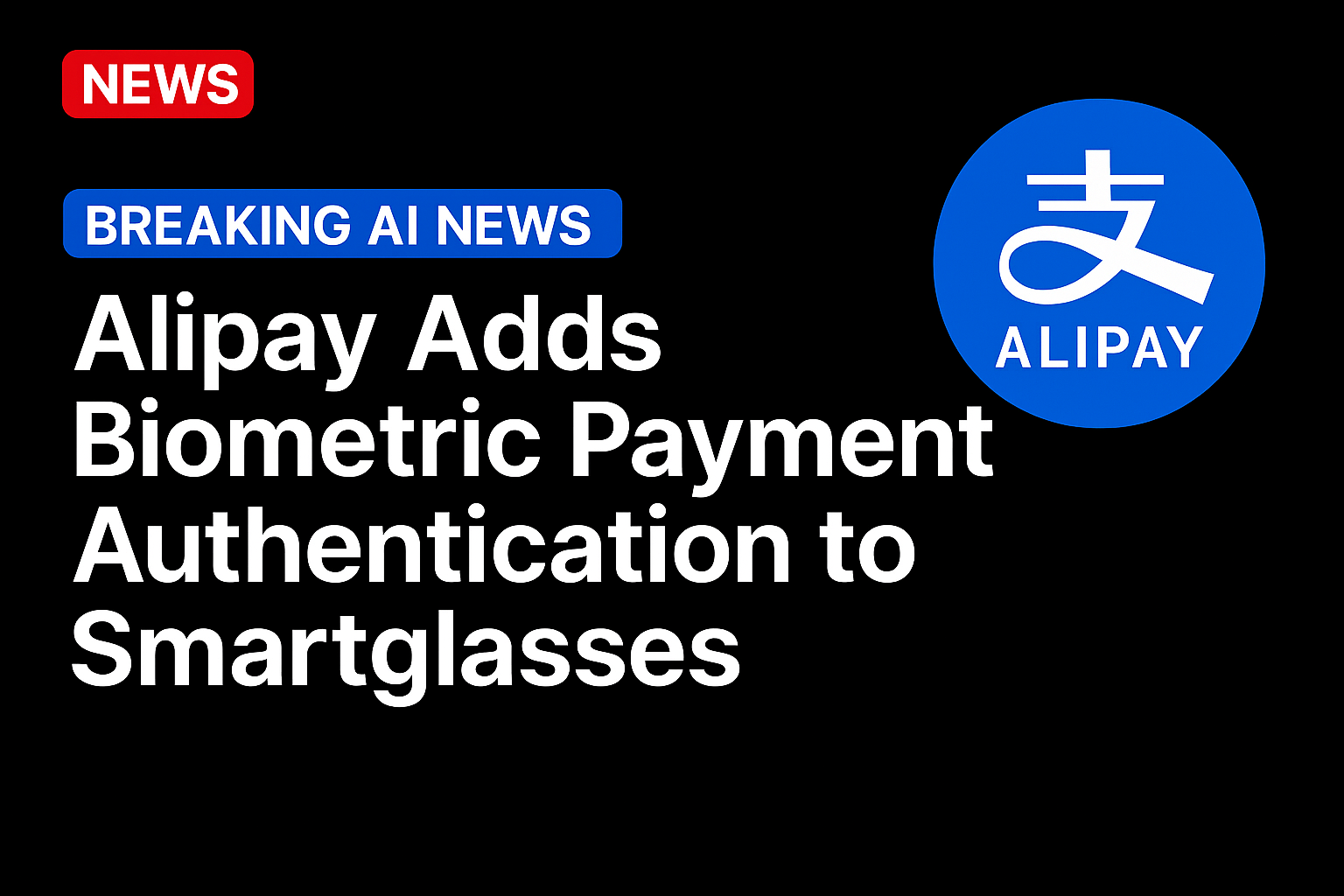Ant International’s Alipay+ has added iris authentication features to its smartglasses-embedded payment solution.
The addition to GlassPay is the result of partnerships with “leading smart glasses producers” and is a “global first,” Ant said in a news release Wednesday (Nov. 12).
“Riding on rapid advances in AI, smart glasses are emerging as a new gateway for interactive commerce by bridging physical and digital consumer experiences,” the release said.
“The device integrates instant try-ons, interactive shopping and simplified checkout wherever the customer is. By industry estimates, consumer adoption of smart glasses could grow almost sevenfold between 2024 and 2029 to 18.7 million units globally.”
Iris authentication, meanwhile, has enjoyed accelerated worldwide adoption “because of its clear security advantages over other biometric authentication methods,” the company argued, saying it is resistant to spoofing, due to a larger number of distinguishing feature points compared with facial or fingerprint analysis.
Alipay+ GlassPay’s iris authentication feature compares more than 260 biometric feature points to verify and protect user identities. It uses artificial intelligence (AI) and advanced liveness detection technology to prevent fraud attempts using photos, videos, or 3D masks.
“Using advanced imaging algorithms, the solution accurately verifies user identity in various lighting conditions, offering reliable, zero-contact security with a simple glance throughout the dayt,” he release continued.
In other smartglasses news, PYMNTS wrote recently about Meta’s entry into that space with its new $799 pair of glasses from Ray-Ban, which it showcased at its Connect event in September.
“Are they a breakthrough in wearable tech? Just another pair of smart glasses? Or a product destined to struggle for relevance?” that report said. “Meta’s Ray-Ban Display promises everyday utility with AI integration, but winning over consumers will be the real test.”
The company’s approach to this product, PYMNTS argued, presents some major risks. For example, technical glitches during Connect presentations raised questions about the reliability of the device as well as privacy concerns stemming from the camera-equipped eyewear.
“At the same time, the strategic opportunity is clear. If consumers shift even small daily tasks from smartphones to glasses, Meta could reduce its dependence on rival phone platforms and embed its Llama-based AI more deeply into daily life,” PYMNTS wrote. “Adoption at the $799 price point is uncertain, but Meta’s lower-cost models may broaden appeal. Much will depend on day-to-day reliability, evolving privacy rules and Apple’s next steps with lighter or more affordable devices.”
Source: https://www.pymnts.com/




